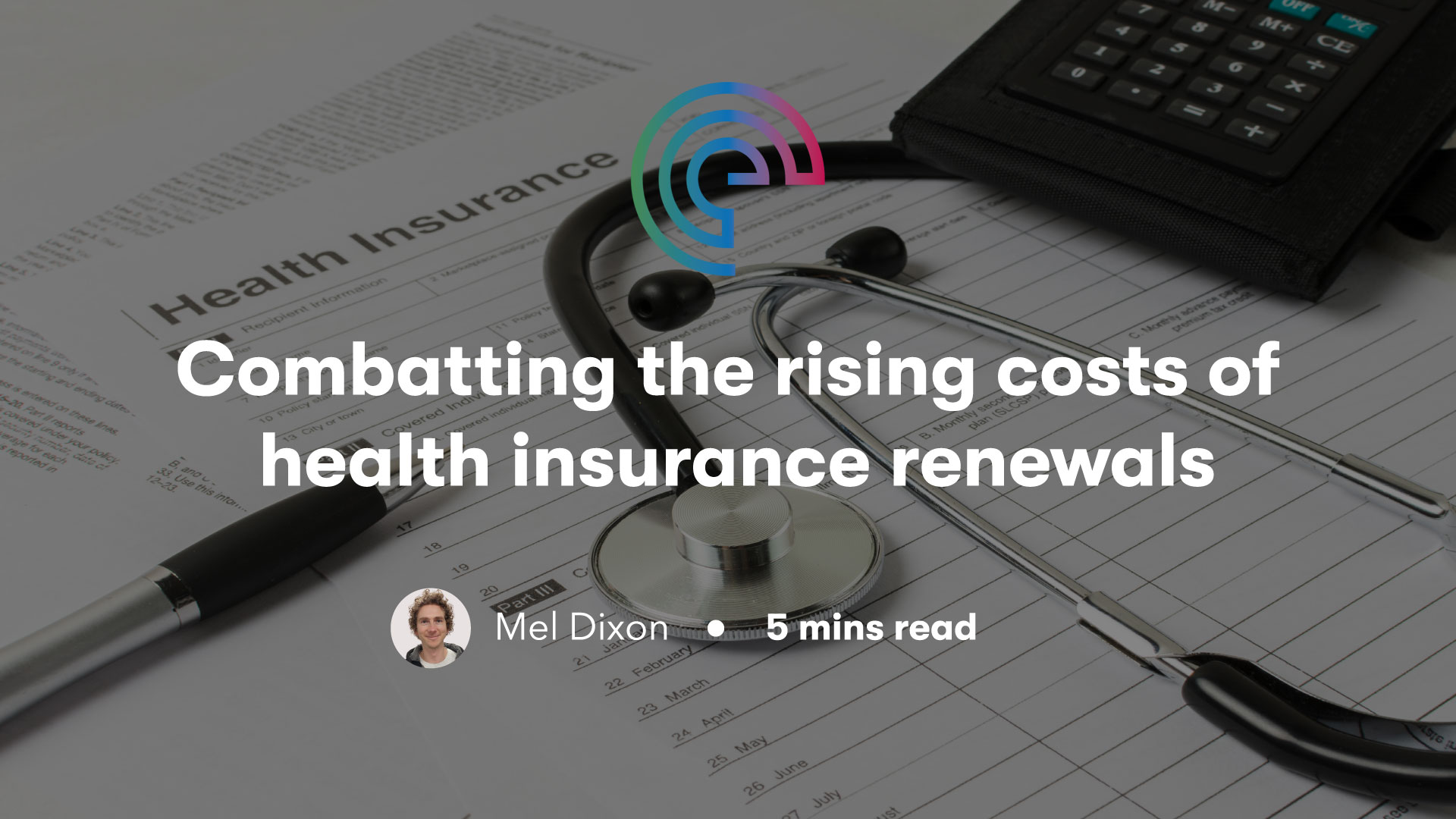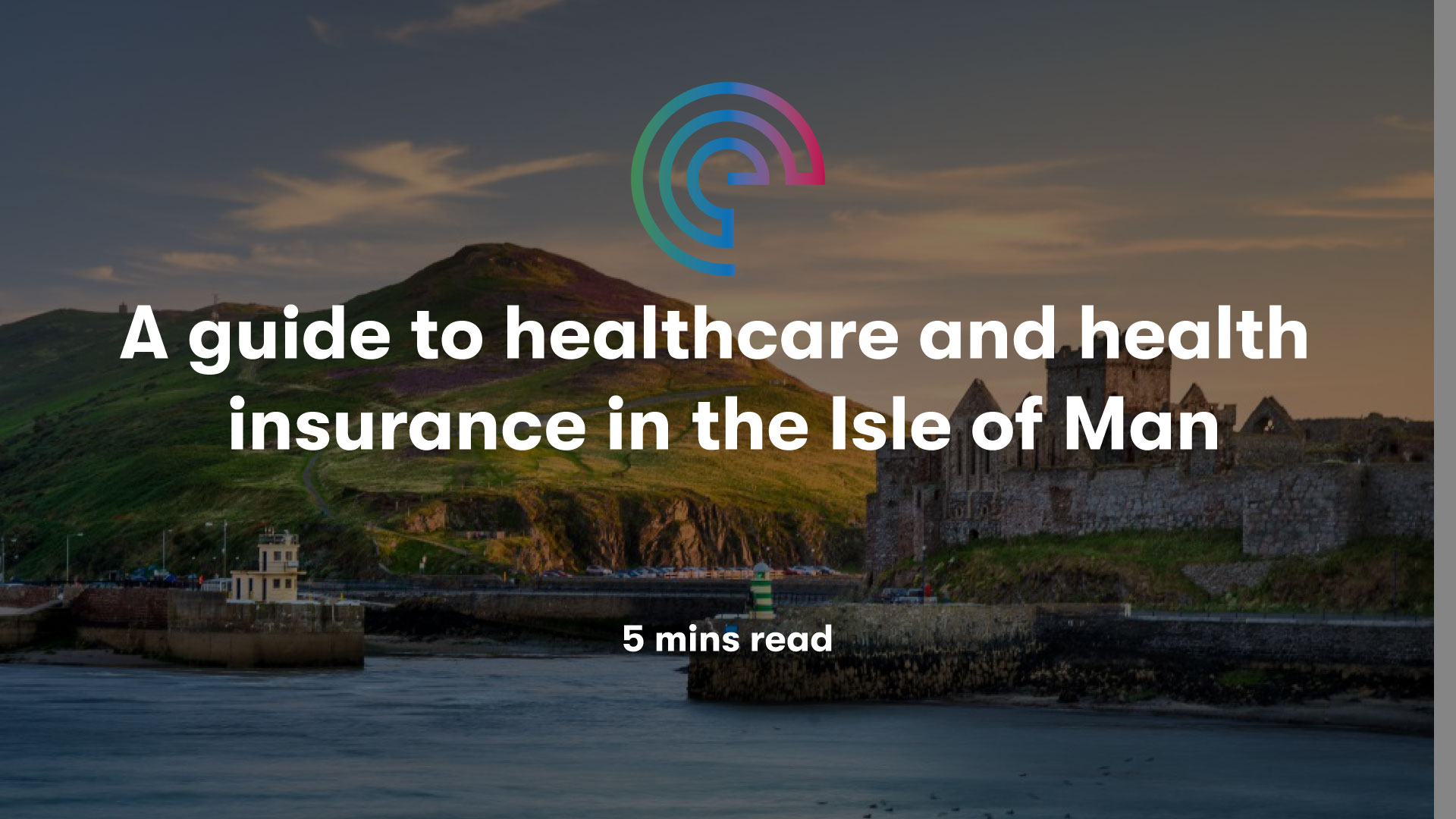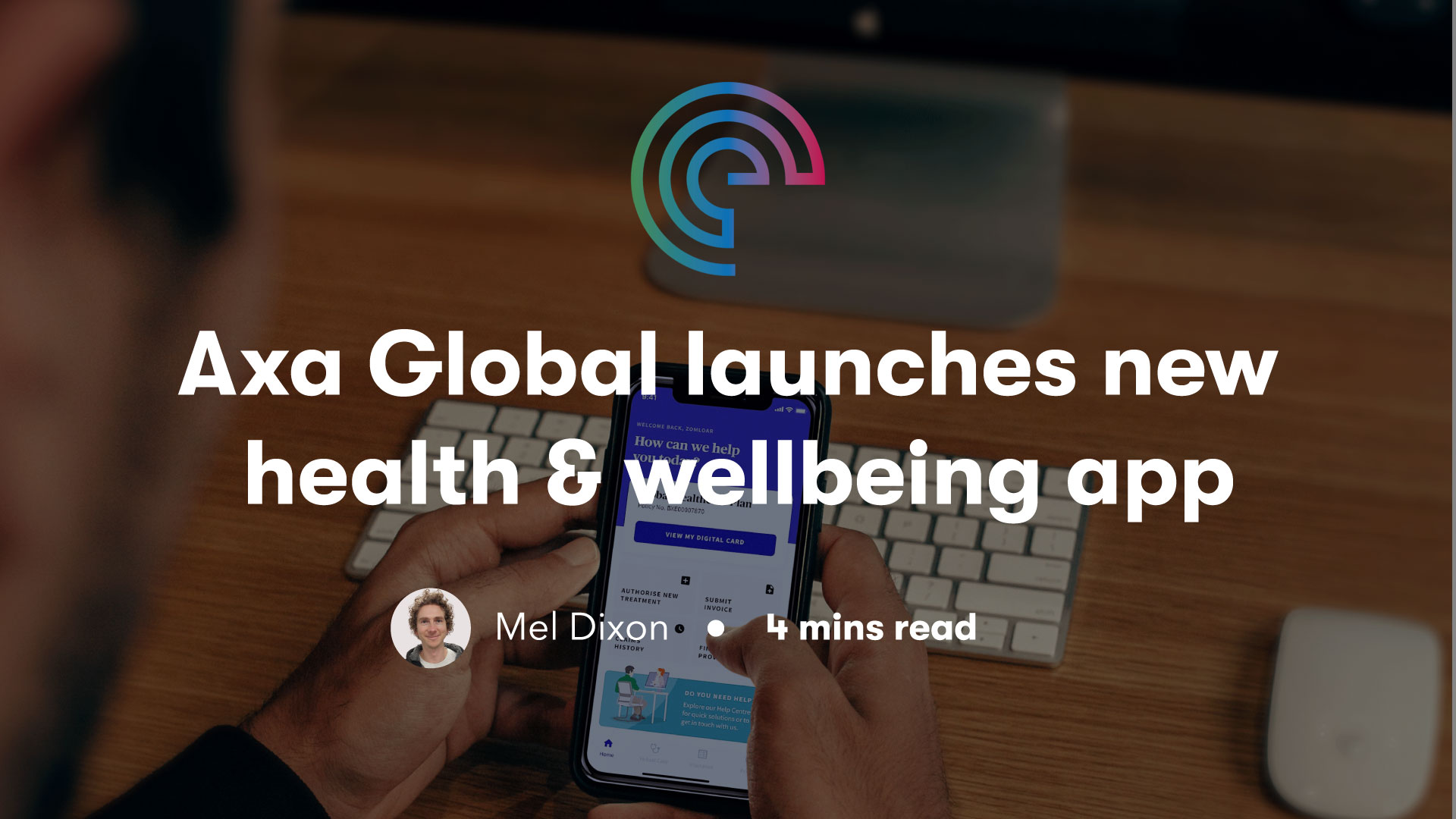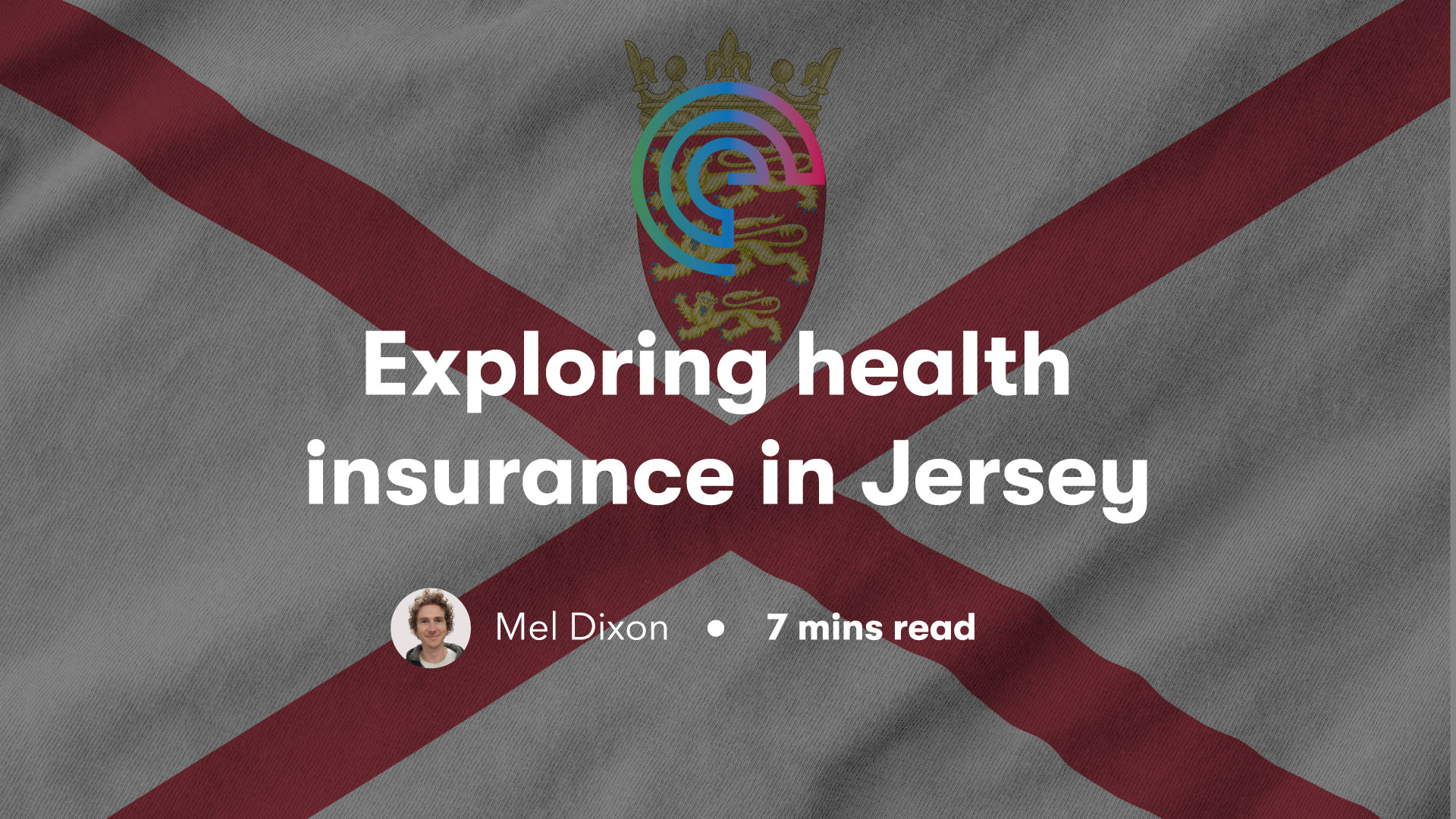Many businesses face a hike in their health insurance premiums during renewal season. But why does this happen, and can you do anything to keep costs down?
In this blog post, we’ll break down the renewal process, explore why costs tend to rise, and share how you can combat these price increases.
Need help renewing your Group Health Insurance scheme, but unsure where to begin? Get FREE one-to-one advice from our award-winning experts on 01273 974419 or email [email protected].
Why Health Insurance renewal costs tend to rise
Health insurance premiums typically rise each year and right now the industry is seeing bigger increases than usual. Demand for health insurance has soared in the face of concerns around NHS waiting lists, which the Health Foundation predicts will top 8 million this year.
As more people turn to private health insurance to avoid delays in NHS services, the number of claims on private policies is rising. A record of nearly £3bn was paid out in 2022.
Meanwhile, the number of people with private health insurance in the UK has reached 7.3 million, according to LaingBuisson. This is the highest level since 2008.
The increase in claims, combined with rising medical expenses and heightened demand for health services, results in businesses often facing higher premiums year after year.
However, if your business is faced with a steep premium rise, it doesn’t mean you have to accept it. The renewal period allows you to reassess your policy and ensure it provides value for your business and its employees.
How the renewal process works
When your Group Health Insurance policy is in place, the premium rates are typically fixed for 12 months. However, as the renewal date approaches — usually 6-8 weeks before the annual renewal — your insurer will update you on any changes to the policy, including price adjustments and any changes to services or features included.
This renewal period, which begins around 4-6 weeks prior to policy expiration, is your opportunity to review and adjust your policy:
Is it still providing value for money?
Are your employees making good use of it?
Have there been changes in the terms and conditions that might affect your decision to renew?
At this point, you can decide whether to renew the current policy, make changes to better suit your current needs, or explore alternative options. If you choose to renew, you must provide updated employee data, claims information, and any amendments you wish to make.
How Health Insurance renewal premiums are calculated
Company Health Insurance renewal premiums are determined based on several factors specific to your organisation:
- Age: If the average age of employees covered by the plan has changed, it could impact your premium.
- Employee number: Changes in the number of employees on the scheme will impact the premium.
- Base rate: Insurers may increase base rates across all schemes, often due to inflation.
- Claims: The number of claims made on your company’s policy affects its performance and can influence the renewal premium. Being part of a claims pool means that your premium is influenced by the overall claims activity of similar policies. Therefore, your premium can still increase, even if your company hasn’t made many claims.
Engage Health Group’s expert consultants negotiate on behalf of clients, striving to save them money on health insurance renewals. Email [email protected] or call our brokers on 01273 974419 for FREE no-obligation advice.
How Engage Health Group helps lower renewal costs
When it comes to renewals, our brokers start with a comprehensive fact-finding process to understand your business, your employees’ needs, and the details of your current policy. We then conduct a full market review, gathering quotes from various insurers to offer you a range of options.
A great example of our work involves our Senior International Manager, James Carrick, who assisted a leading gambling organisation with their multi-country health insurance and employee benefits package. Initially, their International Group Health Insurance premium was set to increase by 8-9%, which would have raised their premium to approximately £90k.
Through negotiation, James managed to reduce the increase to just 1%, saving the client around £80k.
James then redirected the savings to enhance the company’s employee benefits, through purchasing International Life Insurance and International Disability Coverage.
“I’d seen a gap in their employee benefits package compared to their competitors so it was important to get that covered,” said James.
“Policies like life insurance and group disability reassure employees that if anything untoward is to happen, there is a financial safety net in place.”
A few other tips and tricks to help lower premium rises:
- If certain features of a policy are receiving no use, you might consider taking those features away in order to help lower the premium.
- Speak to other providers to see if any better deals are available.
- Consider adding or raising the excess to lower your premium. The excess is the amount you pay towards a treatment. But a word of caution – this approach doesn’t always provide the best value and can even end up being more expensive depending on the number of claims made.
- Consider enlisting the services of an impartial broker like Engage Health Group, who can use their book of business and negotiating power to potentially lower premium increases.
Finding the right support from a Health Insurance broker
At Engage Health Group, we guide you through all available options and gather quotes from across the market to ensure you receive the best deal on your health insurance scheme. At the renewal stage we always review any policies your company has in place to ensure you are receiving the best value for money.
Contact our expert team at [email protected] or call 01273 974419 for FREE advice and support.









